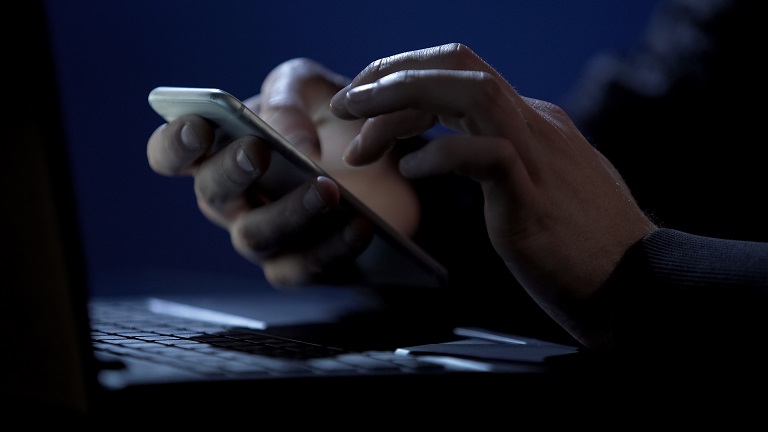The heads of six US intelligence agencies – including the CIA, FBI and NSA – have warned consumers to avoid Chinese-owned Huawei and ZTE phones and services.
Testifying at a Senate Intelligence Committee, FBI Director Chris Wrap said he was deeply concerned about “the risks of allowing any company or entity that is beholden to foreign governments that don't share our values to gain positions of power inside our telecommunications networks," according to a report by CNBC.
"That provides the capacity to exert pressure or control over our telecommunications infrastructure," Wray said.
"It provides the capacity to maliciously modify or steal information. And it provides the capacity to conduct undetected espionage."
The US government has also recommended that Huawei be banned from supplying equipment to build future 5G networks in Australia.
Prime Minister Turnbull has been briefed on the matter by the US National Security Organisation and Department of Homeland Security and has been advised to reject Huawei’s bid to supply equipment for upcoming 5G networks, according to the Australian Financial Review.
In response, the Department of Home Affairs has been ordered to perform a full national security assessment of Huawei.
In the US, a bill has been introduced to Congress proposing the ban of Huawei and ZTE equipment for US telecommunications networks.
"Huawei is effectively an arm of the Chinese government, and it's more than capable of stealing information from U.S. officials by hacking its devices," US Senator Tom Cotton said.
Lobbying efforts by the US Congress have also resulted in both US carriers AT&T and Verizon being forced to abandon its plans to sell Huawei handsets in US.
In the case of AT&T, a deal to sell Huawei handsets in the US, which was expected to be announced at CES in January, fell through at the last minute.
A Bloomberg report in January said Verizon had dropped plans to sell Huawei phones, including the new Mate 10 Pro, under pressure from the US government.
In Australia, Huawei and ZTE devices are sold through the major telcos including Telstra and Optus. The Australian Government has not issued a similar directive to avoid these brands.
Huawei has dismissed allegations it is involved in clandestine operations on behalf of the Chinese government.
“Huawei is trusted by governments and customers in 170 countries worldwide and poses no greater cybersecurity risk than any ICT vendor, sharing as we do common global supply chains and production capabilities.
“We are committed to openness and transparency in everything we do,” the company said in a statement.
Suspicions about Huawei’s clandestine activities stretch back a decade or more, with members of the UK conservative party raising suspicions about Huawei as early as 2005.
In 2012, the Australian Security Intelligence Organisation recommended that Huawei be blocked from providing equipment for the construction of the NBN, resulting in the banning of the company from supplying any equipment for the network.
Founded in 1987, Huawei is now the second largest smartphone manufacturer in the world behind Samsung, and a major supplier of telecommunications equipment.
Its founder, Ren Zhengfei, is a former member of the Peoples Liberation Army and currently a member of the National Congress of the Communist Party of China.
Zhengfei no longer runs Huawei; it is managed by a rotating board of directors and is officially an employee-owned collective.
In Australia, Huawei recently announced Huang Ji (George Huang) as the company's new CEO. Huang previously headed Huawei’s global human resources division.









